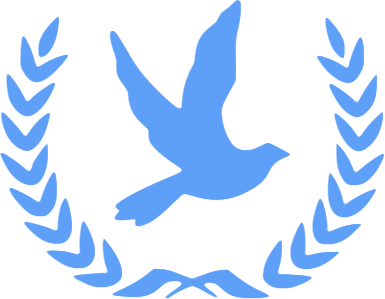The Enemy of my Enemy… is my Friend?
The Congress of Vienna, 1815
Committee Description
In the late 18th century, Europe witnessed the turmoil of the French Revolution that created the perfect circumstances for the rise of Napoleon Bonaparte. With his military prowess, political maneuvering, and keen opportunism, France’s new emperor shook up the map of Europe with ambitious military expansion. By 1813, Napoleon exercised control over much of continental Europe, from Spain to Poland, and consolidated his power through legal and political reforms. However, the following year, Napoleon faced defeat at the hands of the Sixth Coalition and was forced to abdicate his throne. As he was driven into exile in Elba, Europe was left with a gaping power vacuum.
The year is now 1814, Napoleon has been defeated, and the Napoleonic Wars have ended. Now European states and their leaders are left to reorganize the geo-political landscape with two goals in mind: establishing a new balance of power and ensuring long-lasting peace and security for the continent.
Representatives from Austria, Russia, the United Kingdom, Prussia, France, Spain, and many other European states have congregated in Vienna for hours of fruitful debate and problem-solving. It is now up to them to answer questions of territorial boundaries, legitimizing governments, and compensation for losses all the while establishing a framework to minimize future conflicts and rebellions. Europe has never witnessed such a large-scale collaboration; delegates will have to experiment with unprecedented diplomacy to resolve these challenges and redraw the map of Europe.
In Europe’s greatest diplomatic exercise to date, delegates should strike a balance between self-interest and concern for international order, for the future of their countries and the continent is at stake.
We cannot wait to see you in November for an amazing SSUNS 2024!
If you have any questions, feel free to contact Charlie Abbott at crisis@ssuns.org
Meet the Dais !
Jessica Bakar
Chair
Nina Kerautret
Vice-Chair
Rian Reichel
Crisis Director




